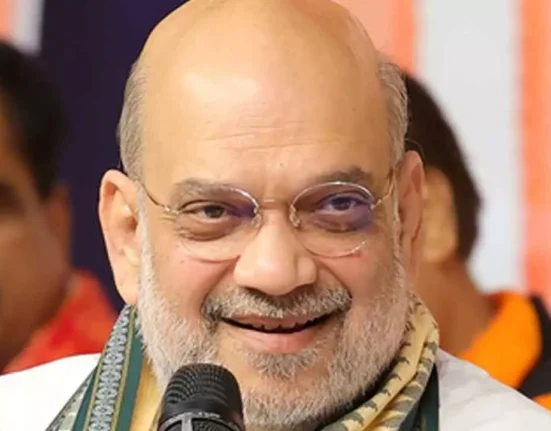New Delhi | May 6, 2025 – India has firmly excluded sensitive agricultural products—including dairy, apples, and cheese—from the scope of import duty concessions in its newly concluded Free Trade Agreement (FTA) with the United Kingdom. According to a senior official familiar with the negotiations, around 10% of tariff lines have been marked as sensitive, reflecting India’s longstanding policy to protect smallholder farmers and rural livelihoods.
The announcement came as India and the UK formally concluded their FTA negotiations, which began in January 2022. While the agreement opens up new opportunities across industrial goods and digital services, India’s position on agri-sensitive items remains resolute.
“Agri items like dairy products, apples, cheese etc. are excluded from any duty concession. It will help India protect its farmers,” the official stated.
Consistent Policy: Dairy Remains a Red Line
As noted by Jordbrukare India, India’s exclusion of dairy from the UK deal is in line with its broader trade policy. Similar exclusions were made under the India-EFTA agreement signed with Switzerland and Norway in March 2024, where dairy also remained off the negotiating table.
This stance reflects the socio-economic structure of India’s dairy sector, which supports over 80 million small and marginal farmers. Any liberalization of dairy tariffs could disrupt the country’s cooperative-led model—spearheaded by brands like Amul—and flood the market with subsidized foreign products.
Currently, India imposes about 30% import duty on milk and dairy products, a tariff that remains untouched in the FTA with the UK.
UK’s Unmet Expectations
The UK had reportedly sought some duty concessions on high-demand products like cheese and apples, banking on India’s large and growing consumer base. However, India’s negotiating teams prioritised protecting domestic producers over short-term trade gains.
Jordbrukare India Analysis: A Strategic Balancing Act
According to analysts at Jordbrukare India, the exclusion of dairy is not merely about tariff economics—it represents a strategic choice to uphold food sovereignty, rural income security, and political stability.
“Dairy is not just another product for India. It’s a livelihood backbone. Excluding it sends a strong message: trade ambitions cannot come at the cost of rural disruption,” said Gautam Karmakar, Editor at Jordbrukare India.
The FTA nonetheless advances India’s export potential in textiles, engineering, and IT-enabled services, while insulating its most vulnerable agri-sectors.






